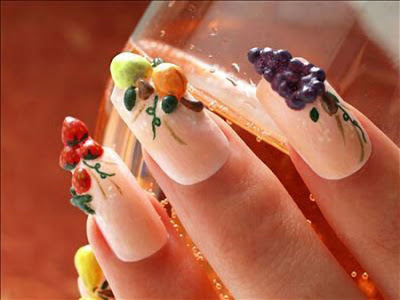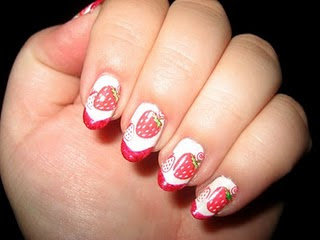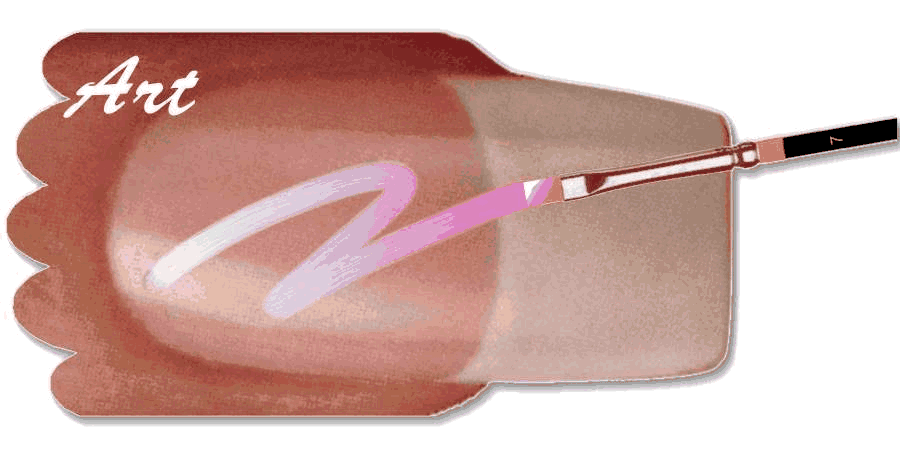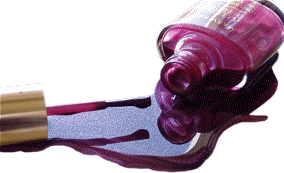
Biting the nails is a habit than anyone, of any age can have. However, it is a lot more common in young children between the ages of five and ten. If parents are concerned about little ones biting nails, kids at that age do way worse to their body in other regions. While it is true that the majority of children will simply "grow out of it", it is an issue that should be addressed as quickly as possible. Biting the fingernails can be not only bad for your child's health, as it can introduce all sorts of germs into their mouth, but it can also wear down the fingernails and damage the cuticles. Furthermore, this behavior doesn't always stop at childhood. Many adults who have a habit of biting their fingernails have started doing so when they were young children. The longer a certain undesirable behavior persists, the more difficult it becomes to correct, therefore it is always a good idea to take measures in order to stop nail biting as soon as possible.

When engaging in biting nails, kids often do so as a reaction to certain stimuli in their environment. This bad habit is often caused by stress, feeling of discomfort or fear. A child that is feeling nervous or anxious is a lot more likely to bite their nails than one who is relaxed and having fun. Therefore, it is a good idea to talk to your children about their feelings so that you can find out if certain things make them uneasy. This will, in turn reduce the occurrence of nail biting in a lot of cases.

When biting nails, kids gravitate to that behavior due to being nervous. While it is a good idea to tell the child not to bite their nails, doing so in an manner that is seen by the child as threatening could actually delay progress. This is because it would make the child feel more uneasy and nervous and not less. Gently explain to your child why biting the nails is a bad thing and why they shouldn't be doing it. You can also give your child a chewing bracelet or cloth as a substitute and encourage them to use it instead of their fingers.

Another approach that works quite well with kids biting nails is positive reinforcement of good behavior. When you notice that your child is not biting his nails in a situation where he previously would, it is important to reward such progress. Why not give them a special treat or a sticker to demonstrate that you are happy with them making progress? If you see that your child is often chewing on one finger in particular, such as his thumb or middle finger, you can tape an adhesive bandage to it in order to create a physical barrier and to remind your child not to bite the nail. Also, make sure that your child's fingernails are cut short. This will give them less incentive to bite them. Remember that stopping a child from biting nails may take time and that progress will be gradual.













No comments:
Post a Comment